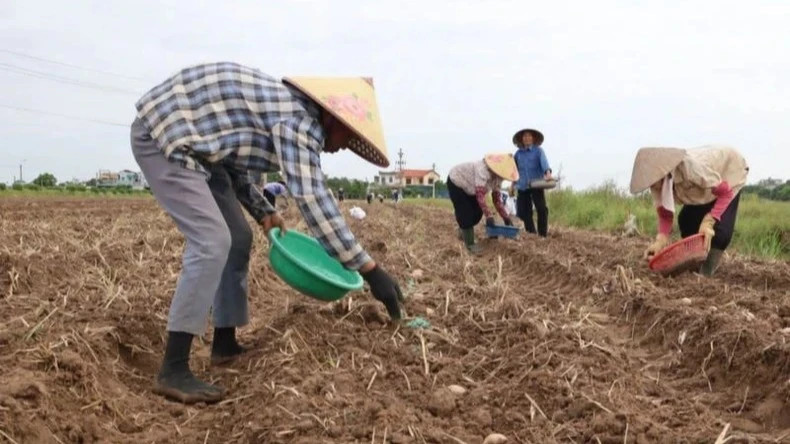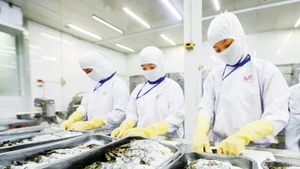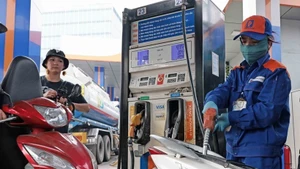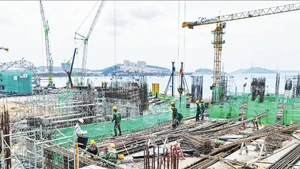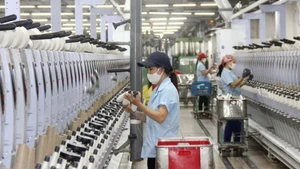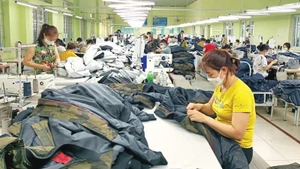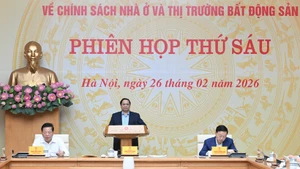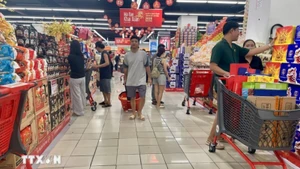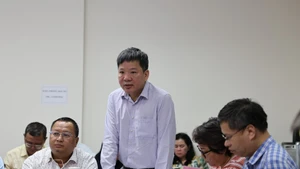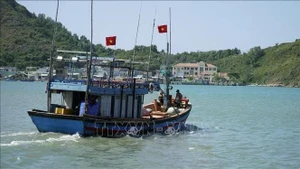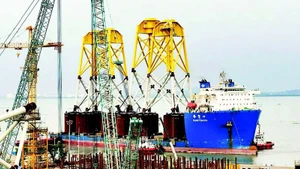Recently, Typhoon No. 3 (Typhoon Yagi) caused severe losses in lives, property, assets, and production resources for farmers. Immediately after, Typhoon No. 4 caused additional damage to over 7,500 ha of rice, vegetables, and crops and more than 2,377 ha of aquaculture in central provinces. According to preliminary statistics, as of 7 am on October 29, Typhoon No. 6 flooded and damaged 622 ha of vegetables and fruit trees.
After the storms, with strong support from the government, the Ministry of Agriculture and Rural Development, the Farmers’ Union, and local authorities, efforts to restore production were swiftly and vigorously implemented. However, many areas still face numerous difficulties.
For example, some argue that current support policies, especially under Decree No. 02/2017/ND-CP issued by the Government on January 9, 2017, are outdated and insufficient. Disasters are becoming more severe, causing damages beyond material losses and affecting agricultural production processes and farmers’ livelihoods.
Moreover, with increasingly unpredictable climate changes, current production linkage models reveal numerous limitations. Future scenarios of supply chain disruptions due to natural disasters are becoming clearer. Thus, policies should not be limited to calculating support costs for farmers but should promote agricultural insurance aligned with climate change severity. This essential measure protects farmers from natural risks, requiring agencies to carefully research and develop sustainable agricultural policies.
In recent years, the Party, the Government, and various ministries have issued policies to support farmers in participating in agricultural insurance. The Government issued Decree No. 58/2018/ND-CP on agricultural insurance in 2018. On May 9, 2022, the Prime Minister further issued Decision No. 13/2022/QD-TTg to implement policies supporting agricultural insurance. Issuing Decree No. 58/2018/ND-CP marked the first time the government entrusted the Vietnam Farmers’ Union with actively coordinating with relevant parties to implement agricultural insurance. Subsequently, the government assigned the union to collaborate with various agencies to develop a proposal to support farmers joining insurance programmes.
As a socio-political organisation dedicated to protecting members' legal and legitimate rights and interests, the Vietnam Farmers’ Union has actively advised on policies supporting agricultural insurance for farmers. However, overall, these policies still fall short of meeting actual demand. One major reason is the low insurance premium support framework, which makes it difficult for farmers to benefit from the policy, and insurers are not particularly motivated to participate in agricultural insurance programmes.
While natural disaster damage is unavoidable, addressing the aftermath, particularly in agriculture, requires more timely and robust support from the government and the Vietnam Farmers’ Union at all levels. Farmers need hands-on mechanisms that offer protection during disasters and facilitate the swift restoration of production afterwards. At all levels, especially grassroots organisations, the Farmers’ Union needs to enhance oversight of damage assessments and financial support distribution to farmers.
In addition to agricultural insurance policies, immediate measures should include debt restructuring, interest payment deferrals, and delayed repayment for damaged investment loans, as well as providing new loans at preferential rates for infrastructure restoration. Gathering feedback from farmers affected by disasters is also essential to promptly compile, report, and propose additional policies to the Party and the State to support farmers in sustainably restoring their production models.
